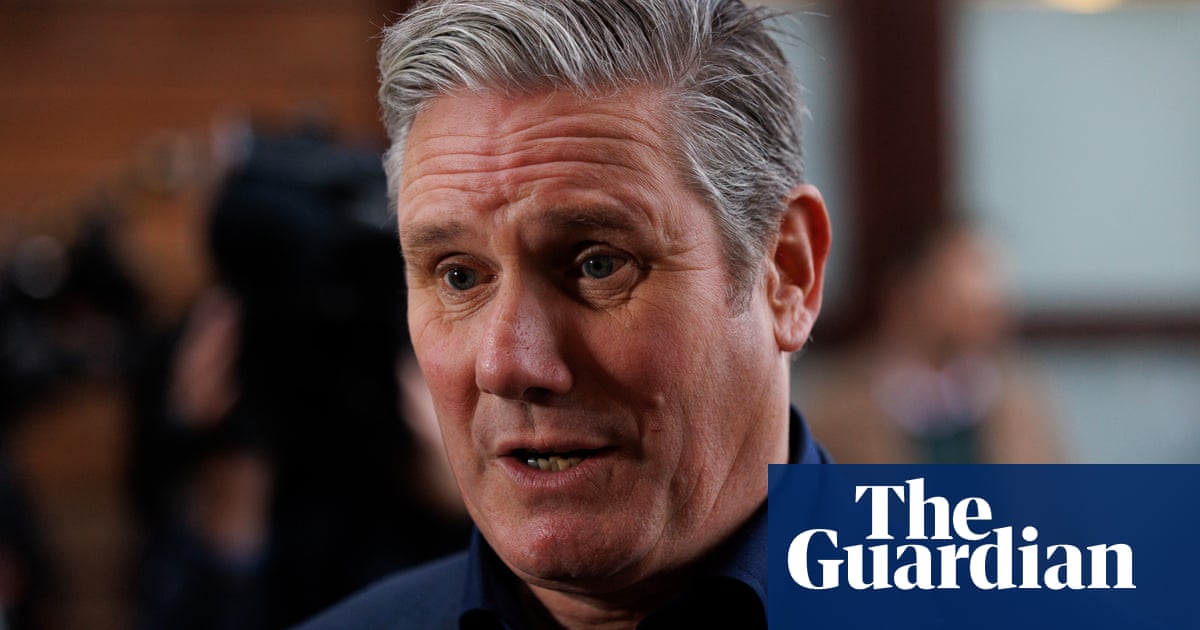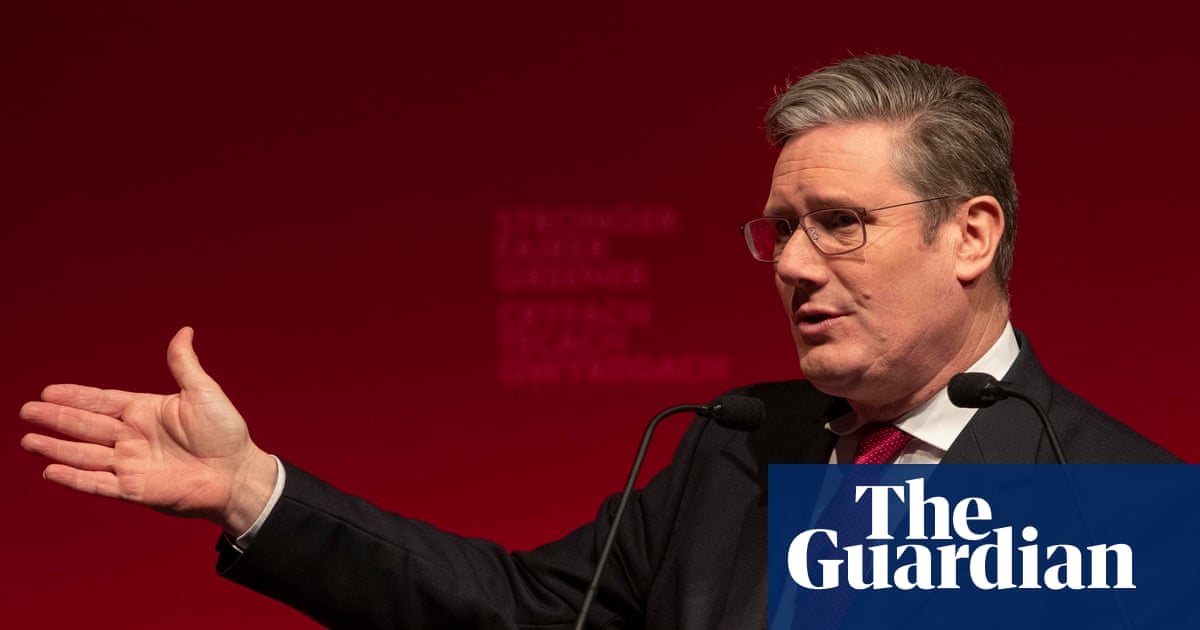
The Labour leader, Keir Starmer, has said parliament’s intelligence and security committee should investigate the circumstances surrounding Boris Johnson’s elevation of Evgeny Lebedev to the House of Lords.
The demand came after a fresh report that the intelligence agencies had reframed an assessment that Lebedev’s appointment would pose a security risk following an intervention from the prime minister in early 2020.
Speaking on BBC One’s Sunday Morning, Starmer said he was very concerned: “There’s at least the suggestion that the government and the prime minister were warned that there was a national security risk in this particular appointment.”
The Labour leader said the case should be referred to the all-party committee, which acts as a watchdog on intelligence matters, “so they can look into this story, this allegation, which is very serious, because of course, it’s a matter of national security”.
Later, Yvette Cooper, the shadow home secretary, wrote to Johnson asking that he make available to the intelligence and security committee all “advice and information” he received regarding the appointment of Lebedev, and that he should cooperate with any further inquiries the watchdog wanted to make.
But Dominic Raab, the justice secretary, said there was “a very strict and stringent process when anyone grants a peerage. I don’t know the facts of the case. I wasn’t involved in it. But I do know that it was applied very rigorously in this case.”
Raab accused Starmer of exaggerating: “He doesn’t have any evidence that there’s any impropriety. There wasn’t, and if there was, he ought to produce it.”
The controversy around Lebedev’s appointment was reignited earlier on Sunday by a prominent report in the Sunday Times headlined “Lebedev got peerage after spies dropped warning”, which followed previous reporting in the Guardian and Byline Times.
Downing Street nominated Lebedev, who describes himself as a British and a Russian citizen, for a life peerage in July 2020. He took up his seat as Lord Lebedev of Hampton and Siberia the following December, although he has not voted since.
But the House of Lords appointment commission (Holac), which scrutinises nominations, had initially asked Downing Street to reconsider in March 2020 after hearing evidence from Britain’s security services that Lebedev was deemed a potential security risk.
The spy agencies had told the commission the issue related to his father, Alexander Lebedev, a one-time Moscow spy. During the late cold war period, Lebedev Sr worked undercover at the Soviet embassy in London. His real employer was KGB foreign intelligence, and he left in 1992 with the rank of colonel.
Subsequently, Alexander went into banking and media, buying the Independent and London Evening Standard. Evgeny is now the proprietor of the Standard, in which he wrote an open letter to the Russian president, Vladimir Putin, last week saying: “I plead with you to use today’s negotiations to bring this terrible conflict in Ukraine to an end.”
Downing Street refused to reconsider the nomination. Two days after Holac wrote its initial letter of concern, on 19 March, Johnson met Evgeny Lebedev, although it is not known whether the peerage was discussed.
One source told the Sunday Times that the prime minister had himself complained “this is anti-Russianism” in response to the objections.
In July, Downing Street resubmitted Lebedev’s name, to the surprise of some Holac members. Sources said what followed was a “to and fro” between No 10 and Holac, reflecting “concern about his antecedents”.
Downing Street then sought further assurances from the security agencies. They said that their fundamental assessment about the possible security risk was unchanged, but they also provided extra context, which, sources said, was enough to lead to a different outcome.
The peers reluctantly signed off on his appointment, with sources saying the committee felt “bounced”. In their confirmation letter, they are said to have called on Johnson to examine Russian influence in the House of Lords, something highlighted by parliament’s intelligence and security committee in its Russia report.
Security sources have previously told the Guardian that Lebedev’s “family links” mean he is still regarded as a potential concern. But they estimate the risk to be low, partly because peers do not see classified documents.
Both Downing Street and Lebedev have highlighted his charitable and business activities as reasons for the peerage. “Raising £75m for UK charities and spending £120m saving two great UK media titles might have had something to do with it,” Lebedev told the Guardian in the autumn of 2020.












